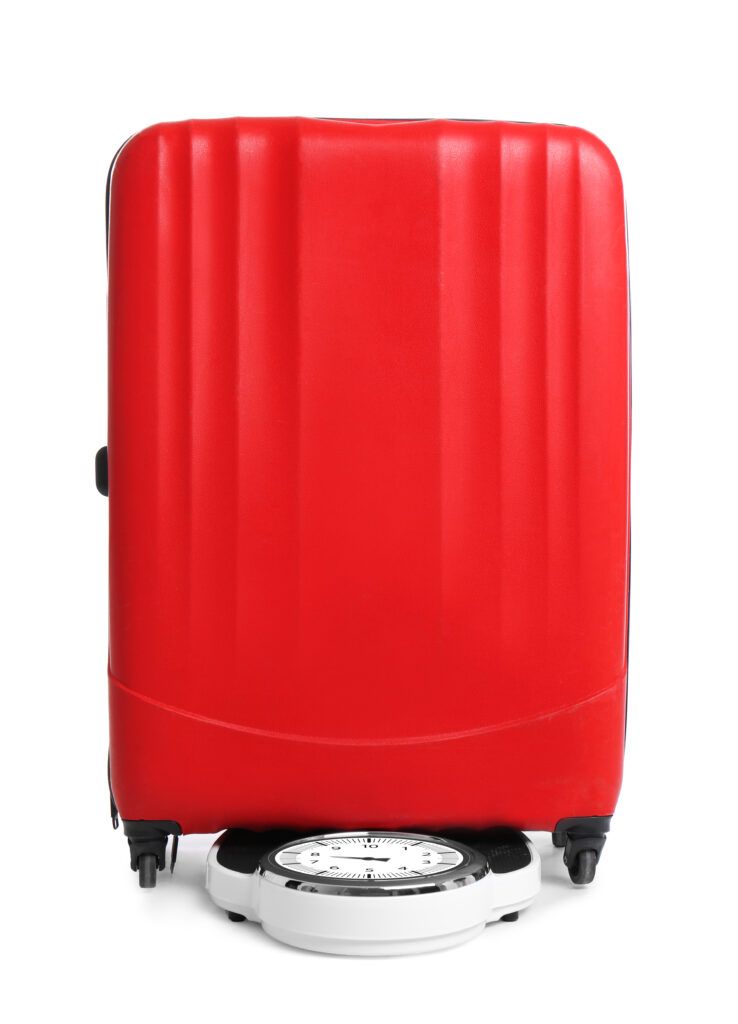

Ever wondered why airlines insist on a 7 kg carry-on limit? You’re not alone. As more and more passengers pack for efficiency, it’s easy to overlook the science behind this seemingly arbitrary rule.
For most airlines, including both commercial and low-cost carriers, a 7 kg carry-on weight limit is standard. It allows passengers to bring a bag that fits comfortably in the overhead bins without the need to check it in or pay extra fees. The International Air Transport Association (IATA) recommends carry-ons not exceed 56 cm (22 inches) in length, 45 cm (18 inches) in width, and 25 cm (10 inches) in depth, with slight variations depending on the airline.
At first glance, the 7 kg limit might seem like a way for airlines to make life harder for passengers. But there’s much more to it than that. Aircraft weight matters, a lot. The more weight a plane carries, the more fuel it burns. Keeping carry-on luggage light helps maintain fuel efficiency, and this, in turn, keeps ticket prices lower. Every extra kilogram increases fuel consumption, which could lead to higher operational costs and, eventually, pricier flights. By sticking to the weight limit, you’re also helping yourself and your fellow passengers save money.
Focusing on low-cost carriers, their fares do not include luggage allowance. The business model keeps both fare and luggage as separate segmentation, but while reservation is being made, the system does prompt passengers to include check-in luggage in their air ticket purchase. Therefore, baggage’s that is checked in as part of the air tickets purchased should not be confused with a 7 kg hand carry allowance.
On of the major area of concern is enforcement and compliance. Whether on purpose or by accident, many travelers may attempt to bring larger or heavier objects. Delays in the boarding procedure may arise from the necessity for ground crew to weigh and inspect carry-on bags.
Picture this, a flight is ready to board, and a passenger arrives at the gate with a bag that clearly exceeds the 7 kg limit. Ground staff now must intervene, weighing and inspecting the luggage. If it’s overweight, it must be gate-checked and moved to the cargo hold. This might seem like a minor inconvenience, but on a fully booked flight, it can mean delays, disrupted boarding procedures, and irritated passengers.
Overhead bin space is another issue. Even with the 7 kg limit, bins can fill up fast, especially when passengers bring extra personal items like laptops or cameras. When space runs out, cabin crew members must rearrange luggage, or worse, delay the flight to accommodate additional bags in the cargo hold. In some cases, heavier carry-ons may even pose a safety risk, with items falling out of bins or affecting the plane’s balance during flight.
Passenger awareness is key. Many travelers remain unaware of these rules, assuming that if they weren’t charged extra for their bags, everything would be fine. Passengers who respect the 7 kg limit help keep flights running smoothly and on time. Overloaded carry-ons are often the main reason for delays during boarding, and delays can lead to ripple effects throughout the entire flight schedule.
Ultimately, it’s a shared responsibility between the airline and the passenger to make sure everyone complies with the carry-on rules. The airline must ensure the policy is clearly communicated and consistently enforced, while passengers need to be mindful of what they’re packing.
When both sides work together, the result is safer, smoother travel. The 7 kg limit ensures overhead bins don’t become overcrowded, prevents last-minute gate checks, and contributes to the aircraft’s overall fuel efficiency. By following the rules, passengers play a vital role in making air travel more enjoyable for themselves and others.
So, the next time you’re preparing for a flight, give a little extra thought to your carry-on. That 7 kg limit isn’t just an airline’s way of making your life harder, it’s a key part of ensuring safe, efficient, and affordable air travel for everyone onboard.

Mr Nantha Gopal Muniandy is a lecturer at the School of Hospitality, Tourism and Events, Faculty of Social Science and Leisure Management, Taylor’s University.